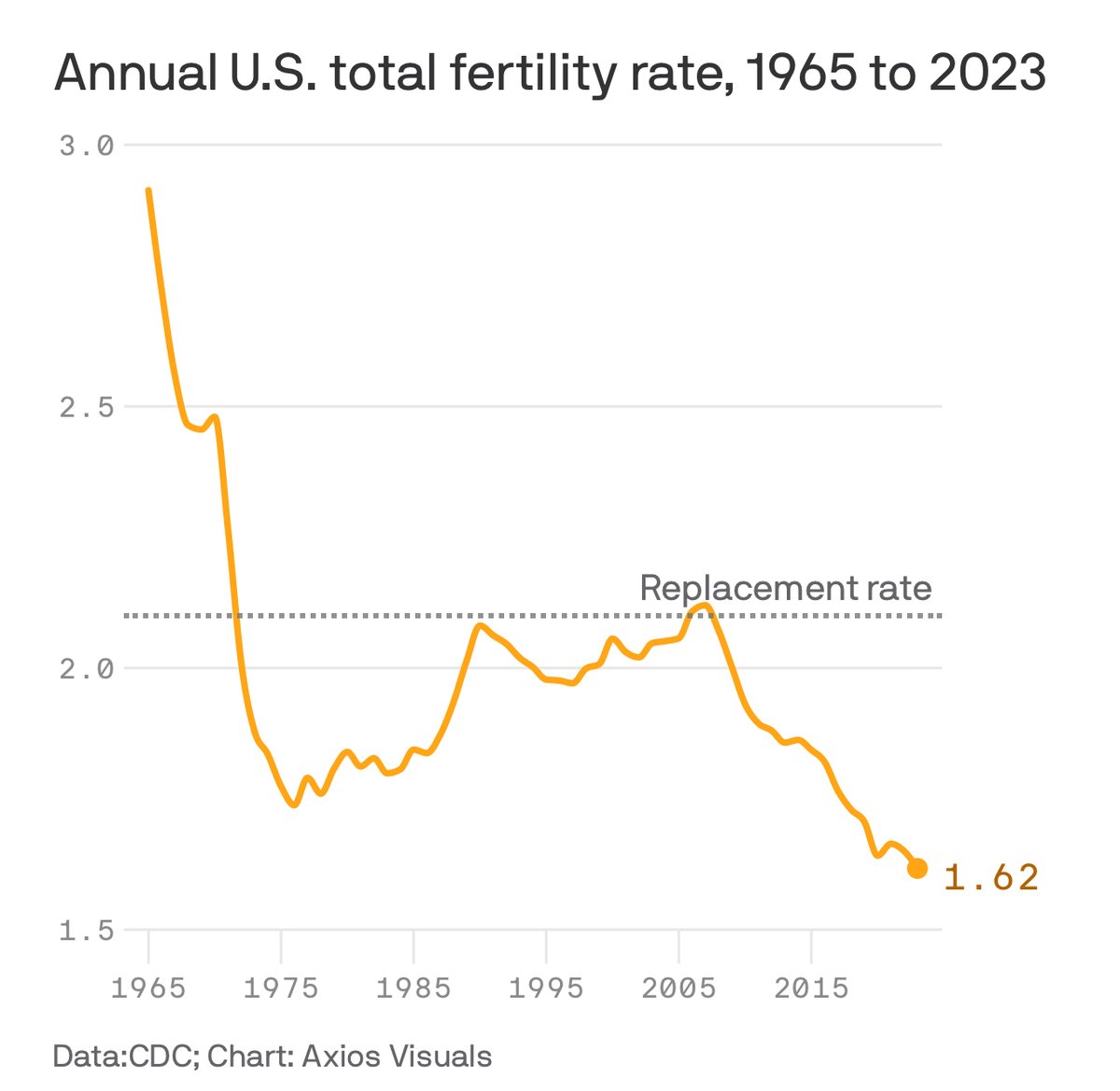
Marcin Piatkowski 🇪🇺
@mmpiatkowski
Economist in DC 🇺🇸 Prof. @kozminskiuni 🇵🇱. Author of 'Europe's Growth Champion. Insights from #Poland’, Oxford UP. Ex @harvardces @IMFnews @mf_gov_pl @citi
ID:711210676
http://www.marcinpiatkowski.com 12-10-2013 16:20:09
31,8K Tweets
26,1K Followers
884 Following
Follow People

EU's employment rate exceeds 75% in 2023 💼
Among the EU countries, the highest #employment rates were in:
🇳🇱The Netherlands (84%)
🇸🇪Sweden (83%)
🇪🇪Estonia (82%)
Lowest rates :
🇮🇹Italy (66%)
🇬🇷Greece (67%)
🇷🇴Romania (69%)
What about your country? ➡️ europa.eu/!V9yK7K









CPK, kolej, porty? Marcin Piatkowski 🇪🇺 odpowiada: budować, inwestować, rozwijać się. Bo to jest ten moment, w którym się decyduje, czy będziemy dalej szybko się bogacić, czy czeka nas stagnacja jak w Hiszpanii 🧐 Dawno nie przeprowadziłem tak ciekawego wywiadu
rp.pl/plus-minus/art…



















